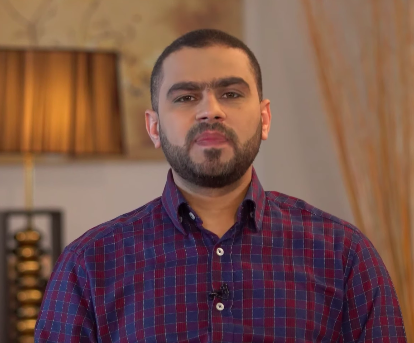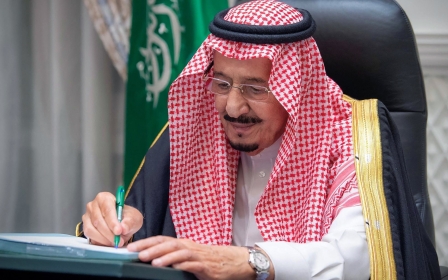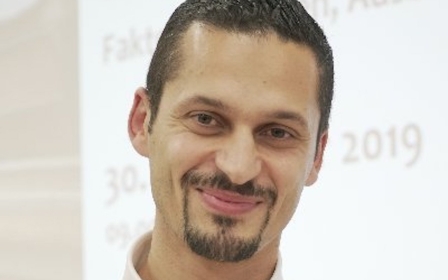Morocco extradites Saudi-Australian national to Riyadh

Moroccan authorities have extradited Saudi-Australian dual national Osama al-Hasani to Saudi Arabia, despite concerns about his safety, the official news agency reported.
On 10 March, Hasani's lawyer said that a court had approved his extradition, and in a statement denounced the decision as "extraordinary and disappointing," saying that it would pose a threat to Hasani's "fundamental rights, safety and security".
'If confirmed, this would constitute a serious violation of the non-refoulement principle'
- MENA Rights Group
Hasani was arrested on 8 February while visiting his newborn child in Morocco.
A court in Saudi Arabia previously sentenced the businessman, who formerly worked at a Saudi university, to two years in prison.
A Moroccan justice ministry official said the arrest took place following an Interpol notice filed by Saudi Arabia, adding that Hasani is wanted by Riyadh for a penal code matter involving theft.
New MEE newsletter: Jerusalem Dispatch
Sign up to get the latest insights and analysis on Israel-Palestine, alongside Turkey Unpacked and other MEE newsletters
The MENA Rights Group denounced the extradition as "a serious violation" by Morocco "of the non-refoulement principle under the UN Convention against Torture". Refoulement is the forcible return of refugees or asylum seekers to a country where they are liable to be subjected to persecution.
The group had said on Friday that the UN Committee against Torture had requested Morocco not to deport Hasani pending the consideration of its complaint.
"We argued that he could face torture in Saudi Arabia," the MENA Rights Group said on Twitter.
'He is going to be tortured'
Hasani's wife, Hana, previously expressed her fears that her husband could end up like Jamal Khashoggi, referring to the Saudi journalist who was killed in the country's Istanbul consulate in 2018.
"I am afraid that his fate will be like that of Jamal Khashoggi," she told Australia's SBS News in early March.
She confirmed that she had met her husband for five minutes days after the arrest, during which he told her that he was being pressured into signing a document allowing him to be handed over to Saudi authorities without trial.
She also said that he was surviving on "water and pieces of bread only," describing his situation as "catastrophic".
She told the Guardian on Thursday that she was worried he might face torture.
"The fact that he will be extradited to Saudi Arabia means simply that he is going to be tortured and maybe worse than that, things I don't want to think about right now."
Supporters of Hasani earlier told the Guardian that his case was politically motivated.
ABC News at the time quoted an Australian Department of Foreign Affairs spokesperson as saying they were providing consular assistance to Hasani's family and that the "circumstances of his detention and possible extradition are of concern to Australia".
Middle East Eye delivers independent and unrivalled coverage and analysis of the Middle East, North Africa and beyond. To learn more about republishing this content and the associated fees, please fill out this form. More about MEE can be found here.




